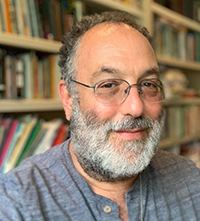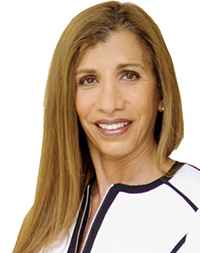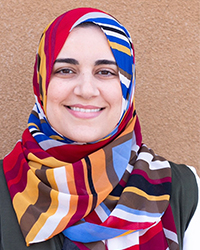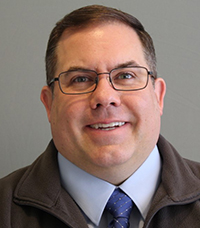Ron Avi Astor

NASW member Ron Avi Astor wrote an opinion piece at cnn.com about the four things the nation should be doing to feed hungry students.
Astor holds the Marjory Crump Chair Professorship in Social Welfare at the UCLA Luskin School of Public Affairs with a joint appointment in the UCLA Graduate School of Education and Information Studies.
He noted in the article that Congress, through the U.S. Dept. of Agriculture, recently extended waivers for its Summer Food Service Program and Seamless Summer Option for students, which allows meals to be served across the country.
“But it is a grossly insufficient response to the needs of students and their families when you look at how many students aren't being reached because of food delivery logistics (or an inability of students, parents or caregivers to go to distribution sites) and lack of a national distribution plan,” Astor said.
He suggested:
- Create a national task force to feed all hungry students;
- Know which eligible students are getting food and those who aren't;
- Increase funding for public-private partnerships to cover meals; and
- Use school resource officers as part of the local and national food distribution effort.
Karen Perez

Two of three U.S. adults say this election has been a major source of worry, according to the “Stress in America” survey the American Psychological Association conducted.
Schools saw bullying and anxiety rise with the election season as kids took sides, according to a story posted at the Tampa Bay Times.
NASW member Karen Perez, a Hillsborough County School Board member and clinical social worker, said she has witnessed conflicts that, in her opinion, arose because students were “bringing their parents’ viewpoints to school.”
She told the Times there have been instances of bullying, and she thinks kids are soaking up the anxiety they sense from adults around them.
“Children get their cues from us and how we feel so we don’t want to scare them,” Perez said in the article. But she suggests it can be a life lesson on how we can face disappointment, learn to be gracious in victory or defeat, “and it can change the face of how we get along.”
Iman Saymeh

Muslim students discussed the stigma surrounding mental health in the Islamic community at a recent California State University, Fullerton, Muslim Student Association event.
NASW member Iman Saymeh, a clinical social worker and CSUF alum, spoke to students about the generational gap between them and their parents, and how discussing topics like anxiety and depression in Muslim households can be a challenge, according to an article at The Daily Titan, an independent student publication.
In Islam, Muslims are encouraged to follow the guidance of God and refrain from seeking acceptance from external sources, the story said. However, this can be difficult for some young Muslims.
Saymeh explained how the cultural differences between the religion and American culture often can result in loneliness.
Because of this cultural divide, Muslim youth find it difficult to open up to their parents about their mental health, the story says.
Chris McLaughlin

Statistics indicate there has been a rise in domestic violence cases during the COVID-19 pandemic.
The National Domestic Violence Hotline reported that calls in March 2020 increased by 6 percent compared with the previous year. By April 2020, call volume rose 15 percent.
Alcohol also plays a role in domestic violence situations. NASW member Chris McLaughlin, an LCSW with Northern Light Acadia Hospital in Bangor, Maine, says online alcohol sales have increased by 243 percent over the last five months in some cases.
“These sorts of situations are really just a powder keg of violence,” McLaughlin told News Center Maine. “We are seeing that the typical reprieve for some of these survivors being able to go to the workplace, being able to go to school, being able to get out of the house and do errands—those things are gone.”
McLaughlin offered steps people can take to either get help or help someone else remotely. He says using nonverbal methods like a chat room on a video platform or visual codes can work.
Read more social media stories at SocialWorkersSpeak.org.